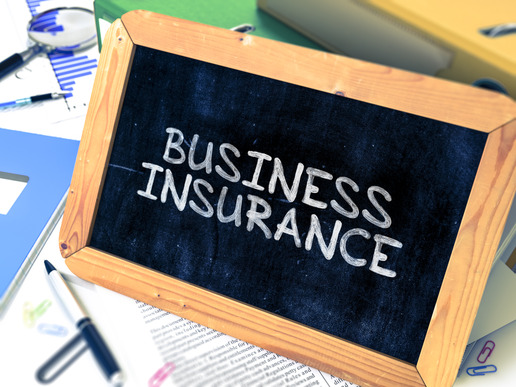Every small business must carry a certain amount of insurances to protect them from misfortune. Although there are many types of insurance, not every business requires all coverages. Below are some of the more common insurances that would apply to the majority of small business needs.
General Liability Insurance
General Liability Insurance is like a huge umbrella offering a large catch-all of coverages. In its base form it covers the business should an employee, owner or a product or service provided by the business causes bodily injury or property damage to another. Additional riders can be purchased for the policy to cover a myriad of protections; from slander to non-payment of services.
Professional Liability Insurance
Also known as Errors and Omissions Insurance, professional liability insurance coverage protects your business against errors, malpractice, or negligence claims when providing services to your customers. Almost every industry has its own unique needs and concerns so the coverages can be varied to fit your industry.
Property Insurance
The need to insure your building and equipment is fairly straightforward. However, there are many other aspects to your business that require insurance in the event of a fire, destruction by vandalism, smoke damage or theft. Items such as your inventory, supplies, computer files, and signage. Many times property insurance is combined with a General Liability policy so check with your broker. Carefully review your policy to see what specific events are covered because many times things such as flooding are not covered. A separate, specific policy would be needed.
Worker’s Compensation Insurance
Worker’s Compensation is needed whenever the business employs even one employee. This coverage provides medical benefits and lost wage coverage to employees who are injured while performing their job. Death benefits are also paid should the employee die as a result of working. Each state requires a business owner to provide Worker’s Compensation Insurance. In return the employee cannot sue the employer should illness, injury or death occur.
Business Interruption Insurance
If you have the insurance coverage mentioned above, chances are your building and employees will be covered in the event of a natural disaster. But what about the income lost should you not be able to open and operate your business? Business Interruption Insurance provides coverage for that lost income.
The need for this coverage depends on your industry and your location. If you are a home-based business, chances are you would not need this coverage. However a retail store or if you employ a staff of salespeople this protection will guarantee you income during the time of incapacitation.
It’s clear that every business requires some type of insurance, whether state mandated or not. The amount and types of coverage are up to the discretion of the business owner, however an insurance broker should always be consulted. The less insurance a business carries the most risk it is exposed to. In these volatile times, reducing that risk is in the owner’s best interest.

